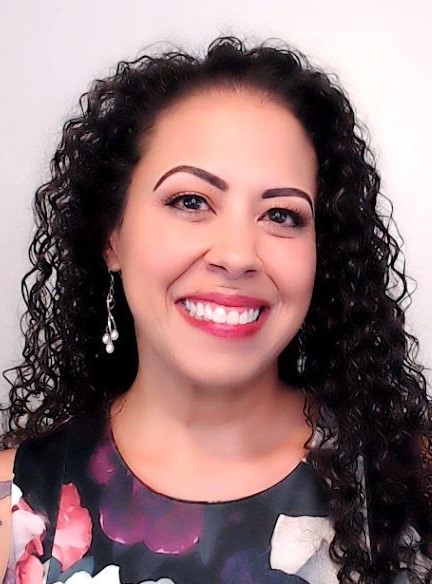MSU psychologist leads the fight against regressive term in transgender research
September 7, 2021 - Elizabeth Schondelmayer
When it comes to transgender and nonbinary children and teens, familial support of their gender identity can truly be a matter of life and death: according to 2021 survey data from the Trevor Project, gender diverse kids are half as likely to attempt suicide when their identities are supported at home.

According to Buchanan, the term - which originated in a deeply flawed and now-retracted 2018 study from Brown University - is defined as a phenomenon in which kids are exposed to diverse gender identities through their peers, and as a result, become "contaminated" and quickly decide to adopt a new gender identity.
Buchanan, who is an executive board member for the Coalition for the Advancement & Application of Psychological Science (CAAPS), recently authored a statement on behalf of CAAPS encouraging researchers, psychologists, and health care professionals to stop using the phrase altogether.
"As an organization committed to the generation and application of clinical science for the public good, CAAPS supports eliminating the use of ROGD and similar concepts for clinical and diagnostic application given the lack of rigorous empirical support for its existence," the statement reads.
Why understanding gender dysphoria matters
Gender dysphoria describes the disconnect that many transgender and nonbinary people feel between their gender identity and their physical body, and can cause severe mental health struggles for those who experience it. For example, 2021 survey data from the Trevor Project shows that over 70% of transgender and nonbinary youth in the U.S. experience anxiety and depression, and 52% have considered suicide. Additionally, the same survey also showed that gender diverse kids are twice as likely to attempt suicide when their identities are shamed or dismissed by their families.
ROGD, however, is unique in that the term itself does not describe a mind-body dissonance, but instead a social phenomenon in which young people identify as transgender or nonbinary due to peer pressure. "While this seemingly-benign term may seem like it is describing the experience of individuals whose gender dysphoria symptoms progressed quickly, that is not the case," explained Buchanan.
“We already account for differences in the start and length of time people experience dysphoria. ROGD does not offer anything new in this area - it is really about invalidating those experiences."
ROGD was introduced in a 2018 study from Brown University, in which researchers interviewed parents about their children's non-binary gender identity and concluded that kids were experiencing gender dysphoria due to a "social contagion" in their friendship circle. The interviewers failed to talk to any of the kids themselves, and focused solely on the perceptions and observations of their parents.
Additionally, Buchanan notes that the study was not peer-reviewed, and participants were recruited from online spaces where disgruntled parents congregated to discuss their kids' diverse gender identities.
"Basically, the study claimed that non-binary kids were 'contaminating' their friends, which then caused them to experience ROGD due to peer pressure," explained Dr. Buchanan. "This is extremely harmful, because it doesn't take into account the child's actual lived experience and may discourage families from seeking appropriate care for their children."
A cause to get kids the right care
After Dr. Buchanan noticed that the phrase was gaining popularity with researchers, parents, policymakers and health care providers, she was motivated to take action and create a statement on behalf of CAAPS explaining the term and its dangerous implications. Since its release in early August 2021, the statement has garnered support from over 55 signatory organizations, including the American Psychological Association and the American Psychiatric Association.
"Part of my goal and my purpose as a clinical community psychologist is to work towards the public good, and to be sure that we are translating psychological science in meaningful ways for the public," said Dr. Buchanan. "And that led me to propose to the CAAPS board that we needed to have a position statement to educate the public on this issue."
To any transgender kids who may have been directly or indirectly harmed by the use of ROGD, Dr. Buchanan assures them that they are supported by many in the field of psychology. "I want to offer an apology on behalf of the mental health field for whatever extent that ROGD gained traction, as it should not have," said Buchanan. "Even though I wasn't involved, my field was personally responsible for that happening, and so we owe an apology for that."
"I also commit to holding myself accountable, and to doing my best to make sure that these corrective messages relating to ROGD reach the general public. It's my hope that all future mental health resources will be informed, trans-positive, and will not continue to perpetuate bigotry," noted Buchanan.
Read more about Dr. Buchanan and her research here.

